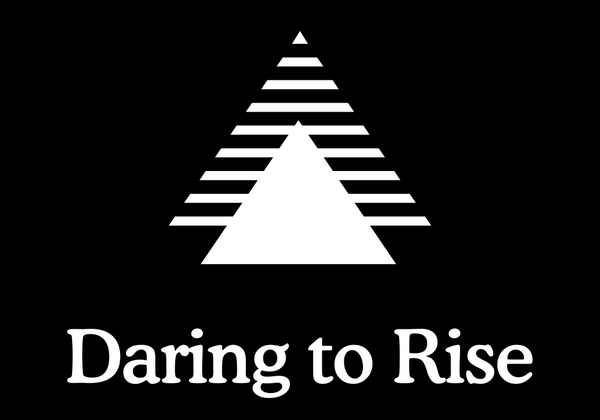
What Your Triggers Are Trying to Teach You (How to listen and use them to TRANSFORM your life)
Share
Emotional triggers—those moments when something or someone provokes an intense, often disproportionate reaction—aren't simply inconvenient disruptions to our day. They're messengers carrying valuable information about our inner landscape. When we learn to listen to these messages rather than simply react, we unlock profound opportunities for growth and transformation.
Understanding Your Triggers
Triggers are emotional reactions that seem to arise suddenly and powerfully in response to specific situations, words, or behaviors. They often manifest as anger, anxiety, shame, or withdrawal that feels bigger than the moment calls for. What many don't realize is that these reactions typically stem from unresolved past experiences.
When you're triggered, your brain enters a protective state, activating your fight-flight-freeze response. This happens because something in your present circumstance reminds your subconscious of a past threat or wound. Your reaction isn't really about what's happening now—it's about what happened then.
The Hidden Messages in Your Triggers
Each trigger carries specific information worth decoding:
They reveal your unhealed wounds. When a casual comment about your work sends you into a spiral of self-doubt, it might be highlighting an underlying belief about your competence that formed during childhood criticism.
They point to your core values. Strong reactions often indicate when something matters deeply to you. If you become intensely frustrated when plans change last minute, it may reflect how much you value reliability and respect for others' time.
They illuminate your unmet needs. Feeling irritated when repeatedly interrupted could signal your unaddressed need for acknowledgment and being heard.
How to Listen to Your Triggers
- Create space between stimulus and response. When triggered, pause. Take deep breaths. Say to yourself, "I'm feeling triggered right now." This simple acknowledgment creates distance from the overwhelming emotion.
- Get curious, not furious. Ask yourself: "What about this situation feels familiar? When have I felt this way before?" Approach your reaction with genuine curiosity rather than judgment.
- Identify the core emotion. Beneath anger often lies hurt, fear, or disappointment. Name what you're truly feeling.
- Connect it to your story. Consider how this reaction relates to your past experiences, particularly those from childhood or other formative periods.
Transforming Triggers into Growth
Once you understand what your triggers are communicating, you can use this awareness to create meaningful change:
Heal old wounds. When you recognize a trigger's connection to past hurt, you can consciously work to address and heal that original wound through therapy, journaling, or other healing modalities.
Strengthen boundaries. Triggers often signal where your boundaries need reinforcement. If you consistently feel drained after spending time with certain people, your reaction is teaching you about the need for clearer limits.
Develop new responses. With awareness comes choice. Over time, you can develop new, more intentional ways of responding to triggering situations rather than falling into automatic reactions.
Deepen self-compassion. Understanding your triggers fosters compassion for yourself. Your reactions aren't character flaws—they're adaptations that once helped you survive.
From Reaction to Conscious Action
The ultimate goal isn't to eliminate triggers—it's to transform your relationship with them. When triggered, instead of being swept away by emotion, you can learn to see these moments as opportunities for deeper self-understanding.
A triggering comment from a colleague becomes a chance to practice communicating your needs assertively. A conflict with your partner becomes an invitation to examine old relationship patterns you're ready to change.
This shift—from unconscious reaction to conscious response—doesn't happen overnight. It's a practice, one that grows stronger each time you pause, listen, and choose differently.
The Ripple Effects of Trigger Awareness
As you become more adept at working with your triggers, you'll likely notice profound changes:
- Relationships improve as you bring fewer unresolved wounds into your interactions
- Stress decreases as you spend less energy in reactive states
- Self-understanding deepens as you connect your present experiences to your broader life story
- Personal agency increases as you respond from choice rather than conditioning
Your triggers, once seen as problems to avoid, become powerful teachers guiding you toward greater wholeness. By listening to what they're trying to tell you, you transform not just your reactions, but your entire relationship with yourself and the world around you.
The next time you feel that surge of emotion that seems bigger than the moment calls for, remember: there's wisdom in that reaction. Your trigger isn't the enemy—it's a messenger inviting you to heal, grow, and ultimately, transform your life.


